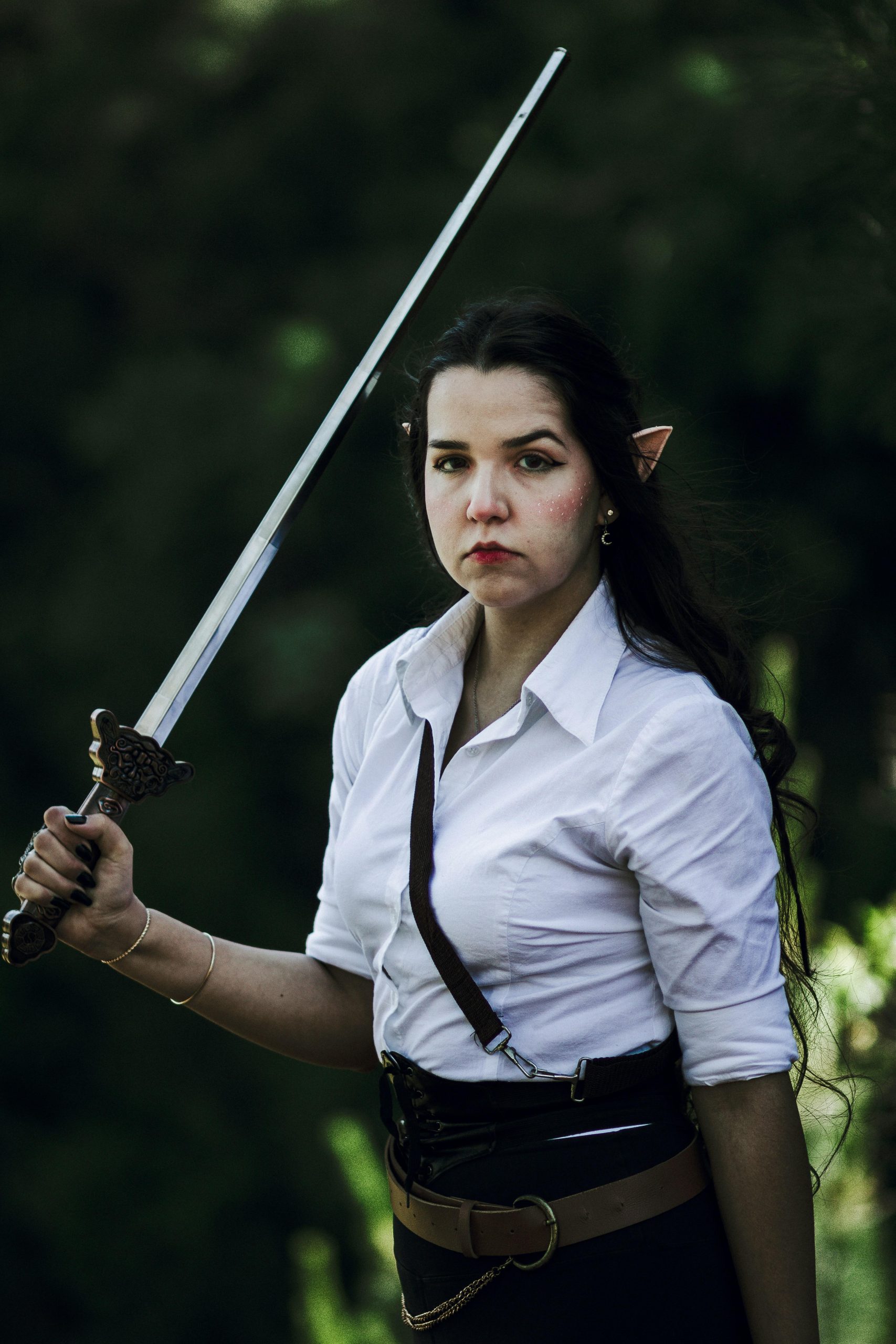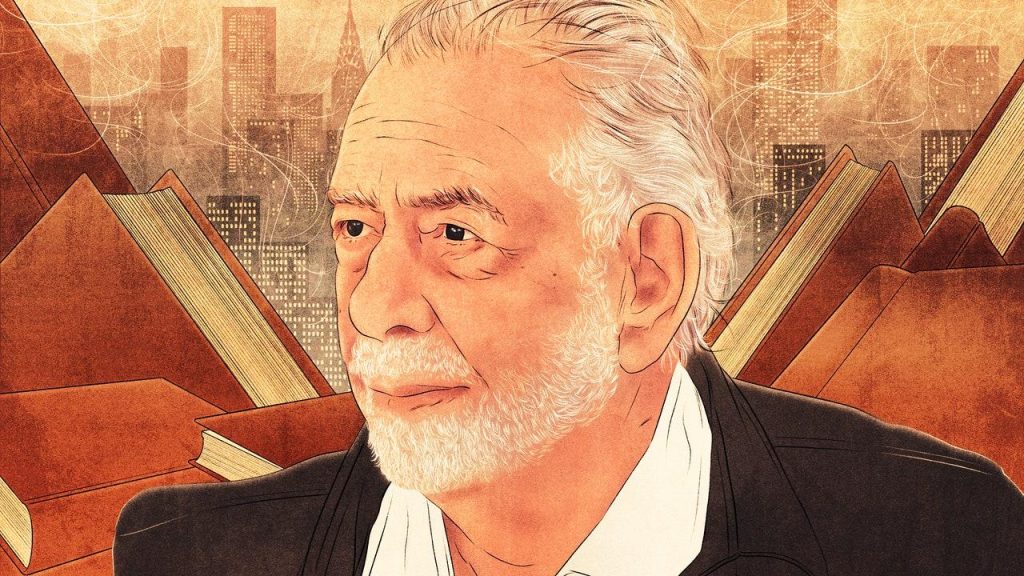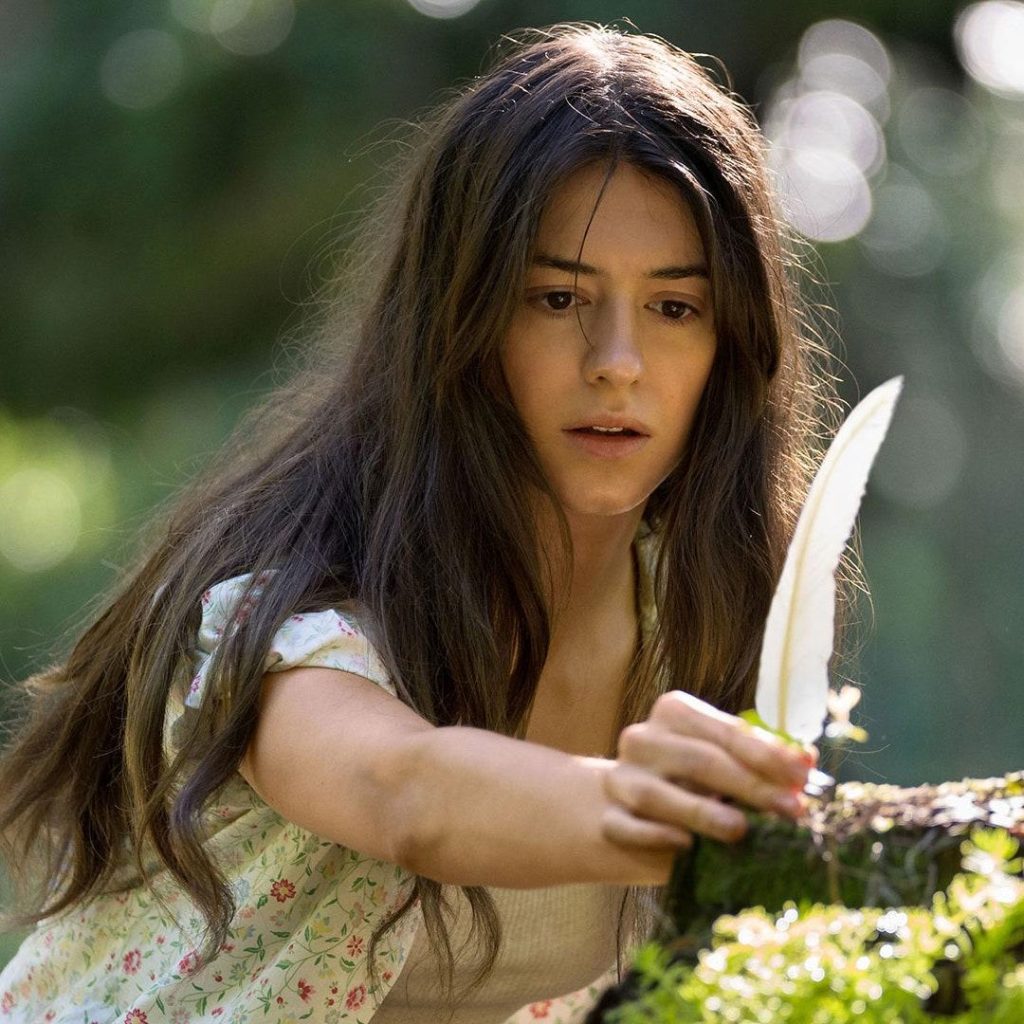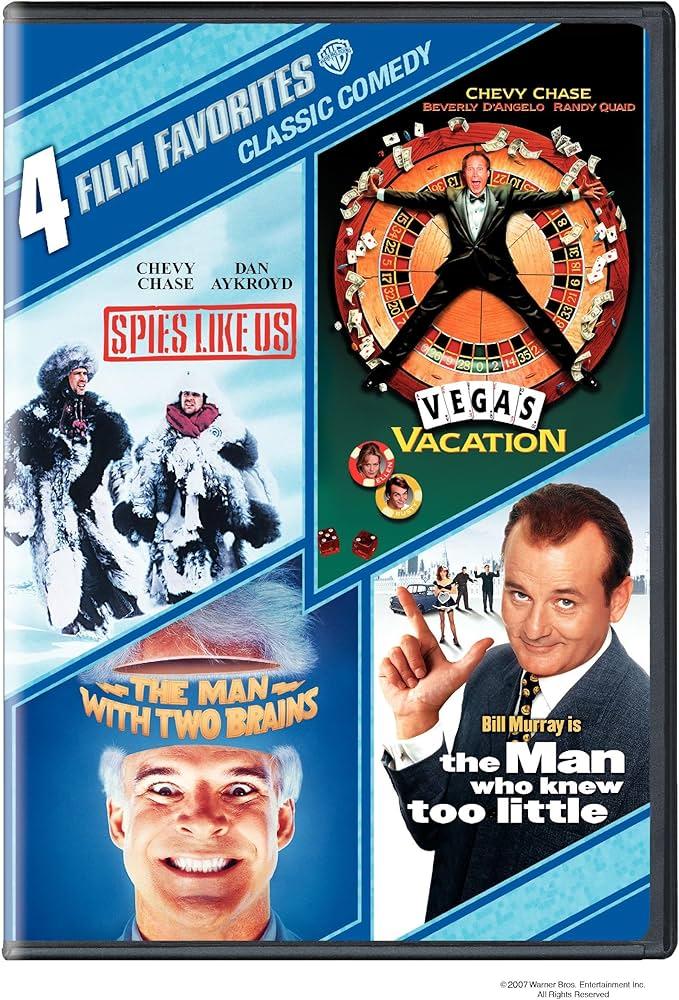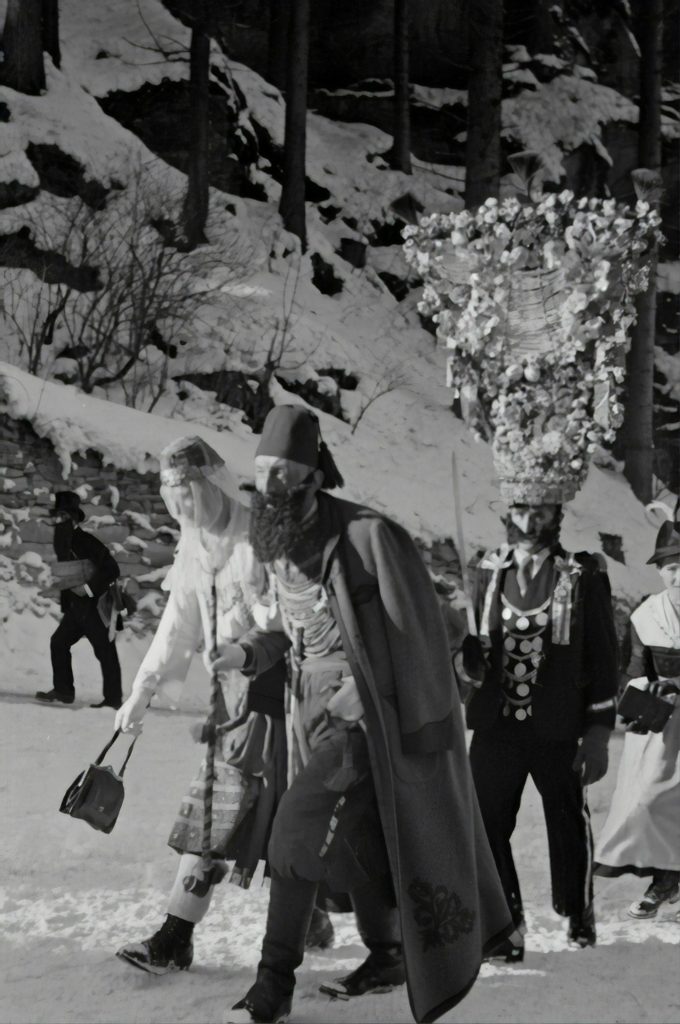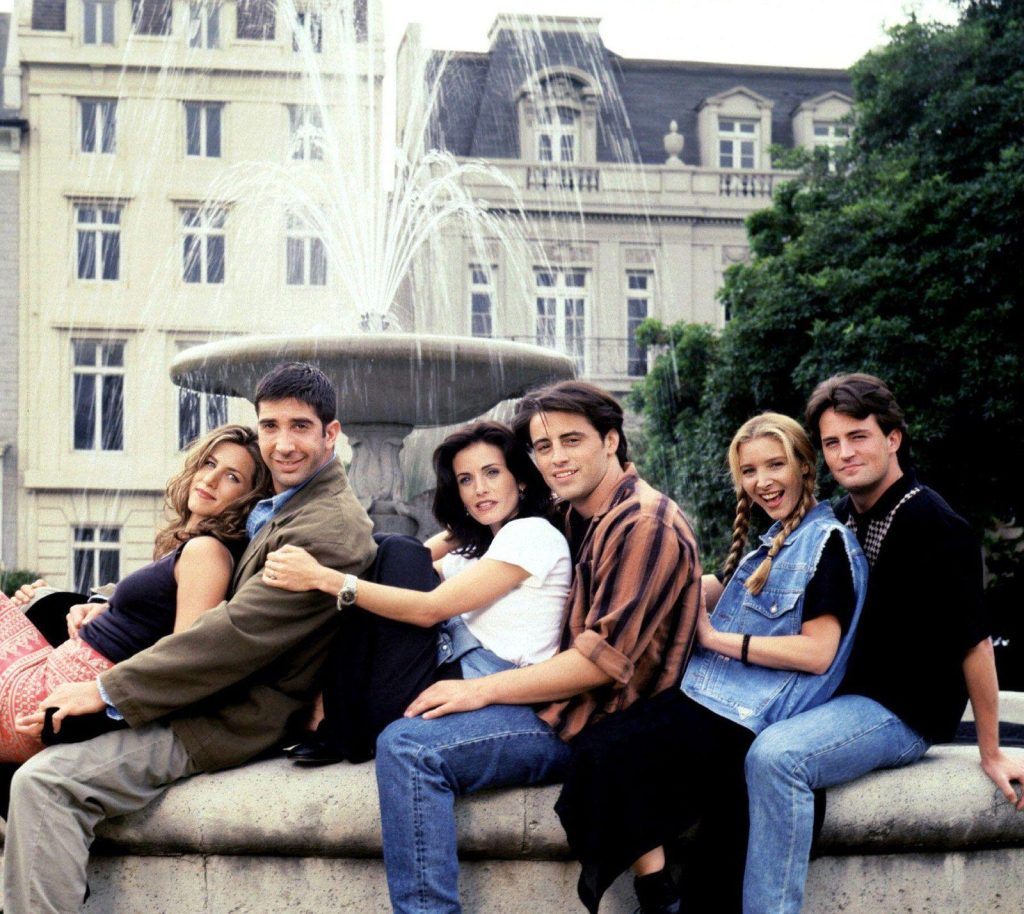In the ever-evolving landscape of epic fantasy television, two titans stand out, captivating audiences with their intricate worlds, complex characters, and grand narratives. On one side, we have “Game of Thrones,” a cultural phenomenon that redefined the genre, leaving an indelible mark on popular culture with its dramatic storytelling and unforgettable moments. On the other, “The Witcher,” a series that strides confidently into the realm of high fantasy, armed with a rich source material and a dedicated fanbase. As “The Witcher” continues to unfold its saga on screen, a pressing question emerges: can it truly live up to the towering expectations set by its predecessor? This article delves into the intricate tapestry of both series, exploring their strengths and challenges, to unravel whether “The Witcher” can carve its own legendary path in the shadow of “Game of Thrones.”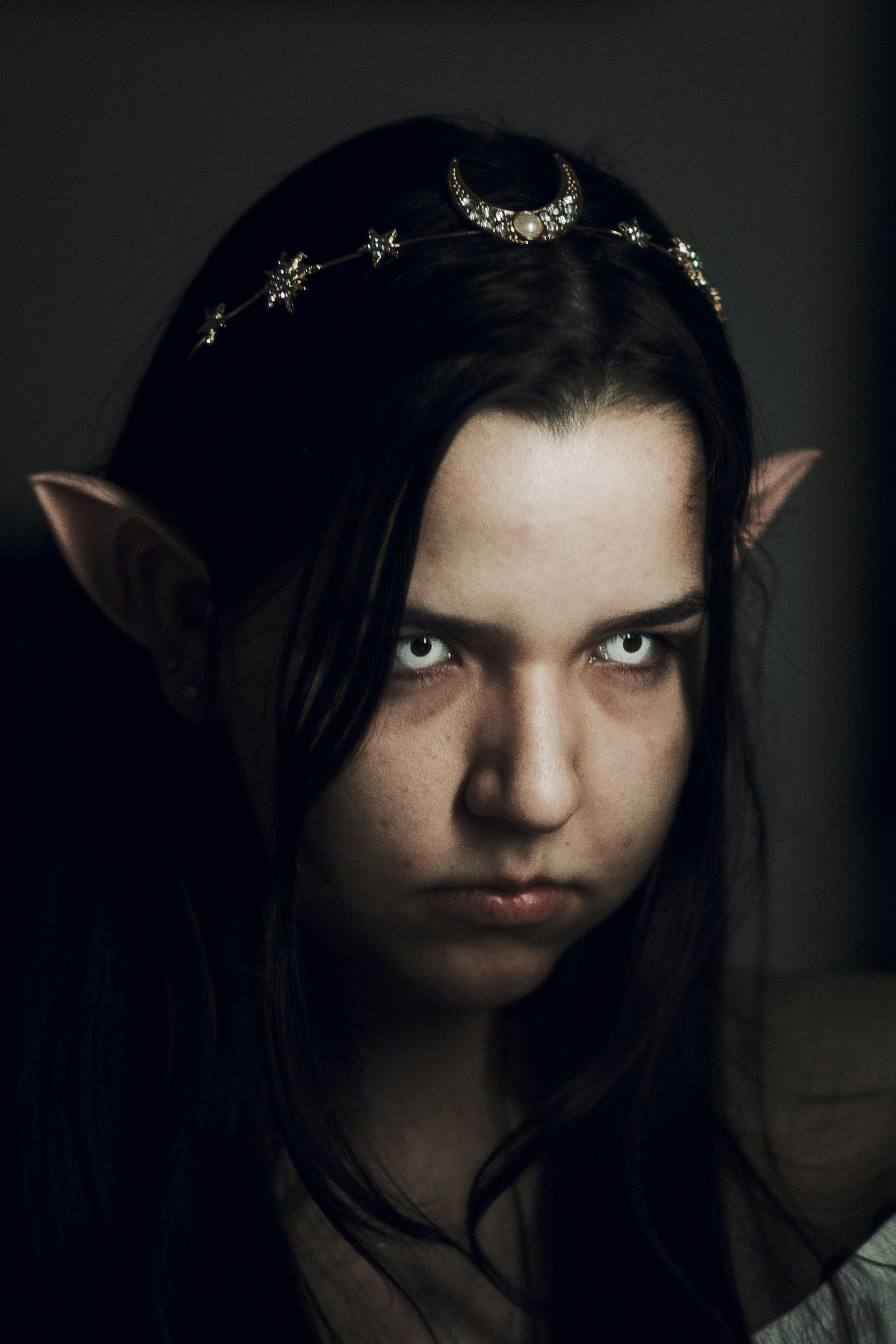
Comparing Fantasy Worlds: The Witcher vs. Game of Thrones
Both The Witcher and Game of Thrones have captivated audiences with their intricate worlds, complex characters, and intertwining plots, yet they offer distinct experiences for fantasy enthusiasts. While Game of Thrones is renowned for its sprawling political intrigue and morally ambiguous characters, The Witcher delves into a world rich with folklore, focusing on the personal journey of Geralt of Rivia amidst a backdrop of monster hunting and magical chaos. These differences create unique flavors that cater to varied tastes in the fantasy genre.
In comparing these two titans of fantasy, several elements stand out:
- Character Development: Game of Thrones boasts a vast array of characters whose stories are deeply intertwined, creating a tapestry of personal and political drama. In contrast, The Witcher narrows its focus primarily on Geralt, exploring his relationships and moral dilemmas.
- World-Building: The continents of Westeros and Essos are known for their detailed history and political factions. Meanwhile, The Witcher‘s world is infused with myth and legend, offering a different depth through its magical creatures and folklore-inspired settings.
- Storytelling Style: Game of Thrones often weaves multiple storylines together, resulting in unexpected twists and turns. The Witcher leans more towards episodic adventures that gradually build towards larger narratives.
Ultimately, whether The Witcher can live up to the hype of Game of Thrones depends on what aspects of fantasy storytelling the audience values most. Both series bring something unique to the table, offering fans of the genre a rich tapestry of storytelling to explore.
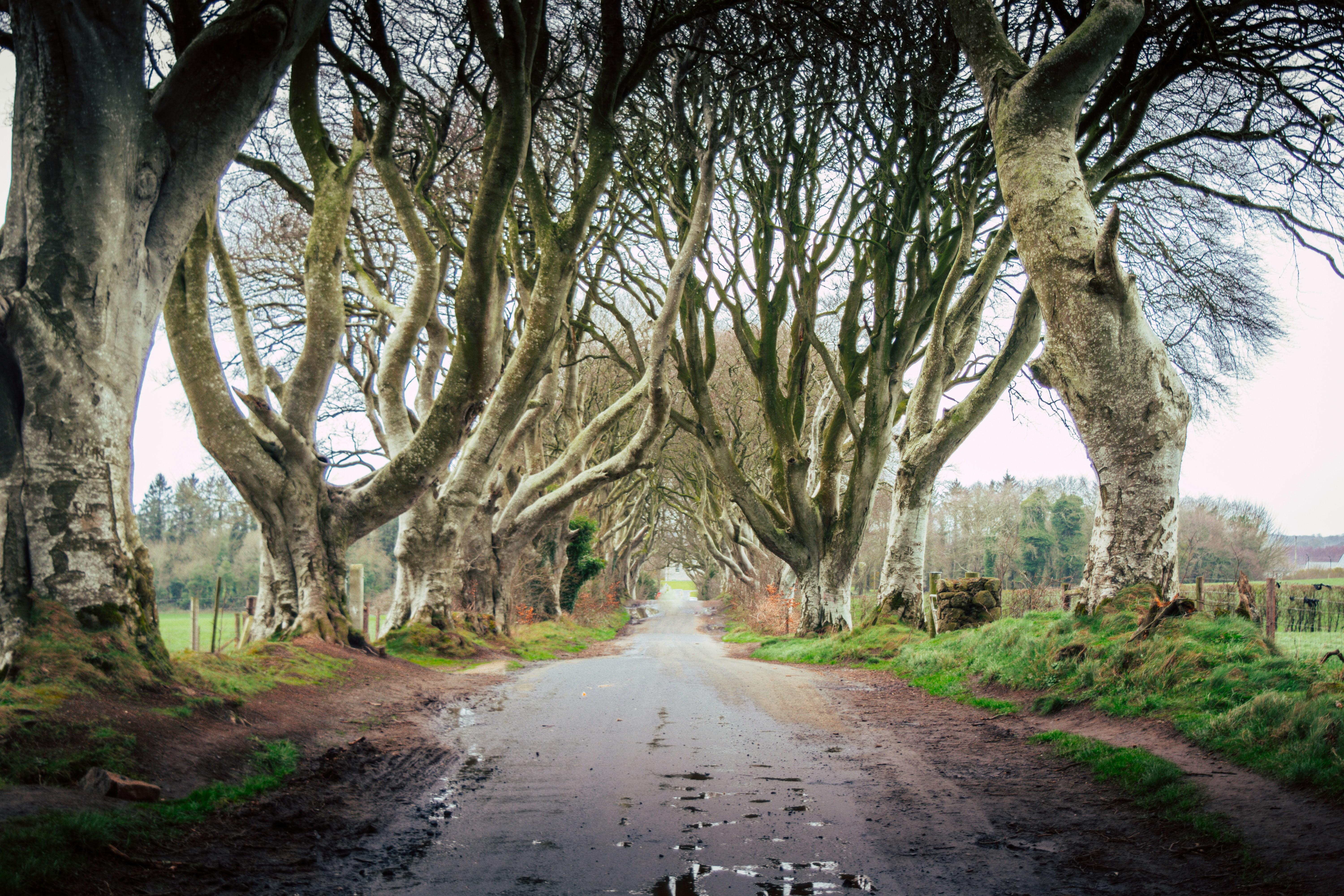
Character Depth and Development: Lessons from Westeros
One of the defining strengths of Game of Thrones was its intricate tapestry of character depth and development. From the cunning political maneuvering of Tyrion Lannister to the gradual transformation of Sansa Stark, the series excelled in weaving complex personalities that evolved over time. Viewers were drawn into the morally gray world of Westeros, where heroes and villains were often indistinguishable, and motivations ran deep beneath the surface. The challenge for The Witcher lies in crafting similarly multifaceted characters that resonate with audiences on a personal level.
- Complex Motivations: Characters should possess layered motivations that drive their actions beyond mere survival or ambition.
- Character Arcs: Develop arcs that allow for significant growth, challenges, and changes, offering viewers a journey as compelling as the plot itself.
- Interpersonal Dynamics: Focus on the relationships between characters, as these connections often reveal hidden facets and influence their paths.
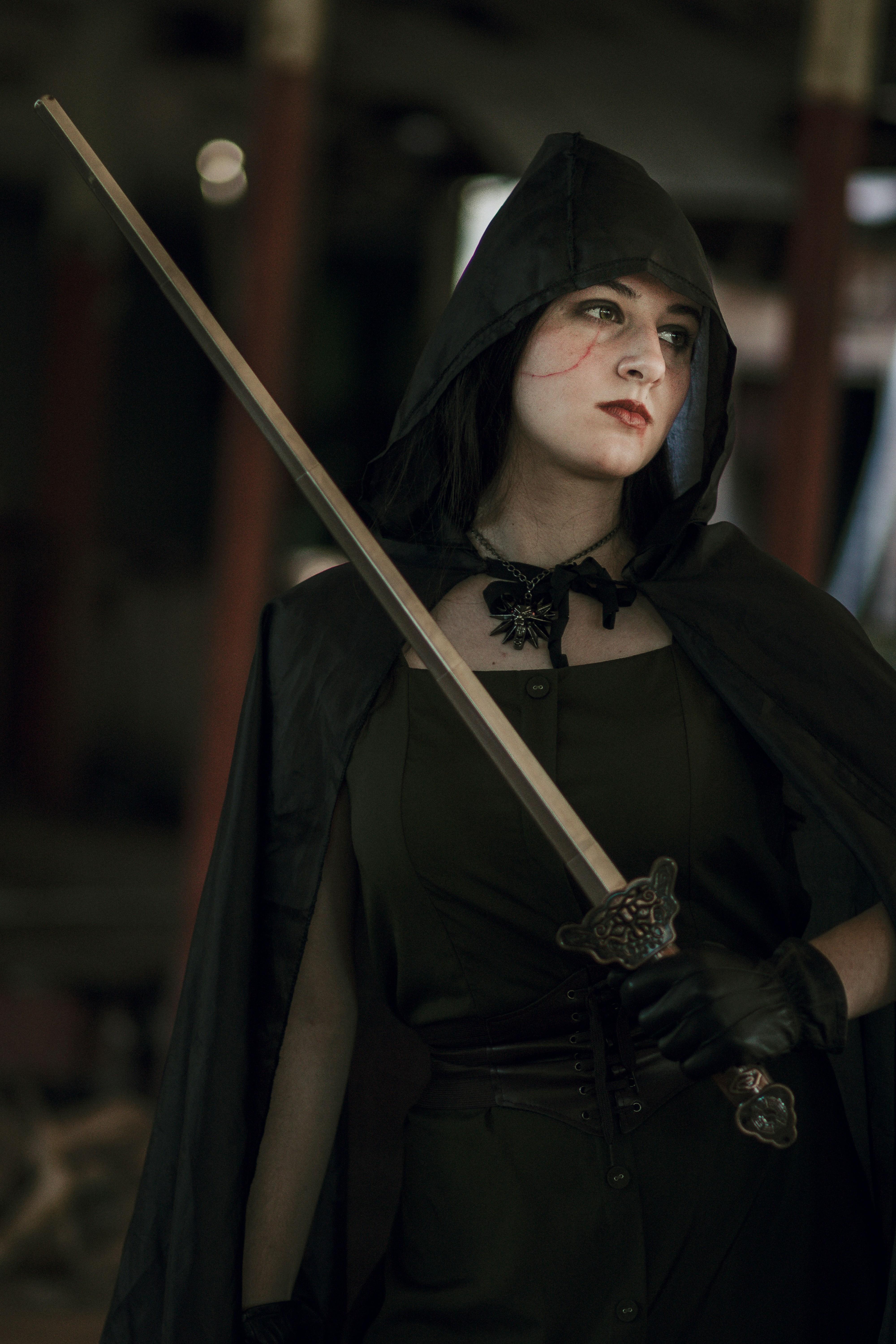
Crafting Compelling Narratives: What The Witcher Can Learn
To captivate audiences in the way Game of Thrones did, The Witcher must focus on crafting a narrative that is both intricate and emotionally resonant. Character development is key; viewers must feel invested in the fates of Geralt, Ciri, and Yennefer. By delving into their backstories and motivations, the show can foster a deep connection between the audience and the characters. Additionally, world-building should be both expansive and detailed, inviting viewers into a realm that feels as rich and complex as Westeros.
- Interweaving Storylines: Just as the Starks, Lannisters, and Targaryens’ paths intertwined, The Witcher should seamlessly blend its multiple story arcs.
- Moral Ambiguity: Characters should be layered and multifaceted, embodying both virtues and flaws to keep viewers guessing.
- High Stakes: Every decision should carry weight, driving the narrative forward and maintaining a sense of urgency.
By focusing on these elements, The Witcher can create a narrative tapestry that not only honors the complexity of its source material but also captures the imagination of a global audience.
Balancing Epic Battles and Intricate Politics in Fantasy Series
In the realm of fantasy series, the delicate dance between epic battles and intricate politics is a defining element that can make or break a show. “The Witcher,” much like its predecessor “Game of Thrones,” endeavors to weave these elements seamlessly into its narrative tapestry. Epic battles are not merely about clashing swords and magical showdowns; they serve as a backdrop for personal vendettas, alliances, and the moral dilemmas faced by characters. As Geralt of Rivia navigates through a world teetering on the brink of chaos, the skirmishes he encounters are not just physical confrontations but also reflections of the tumultuous political landscape.
- Complex Characters: Both series thrive on multifaceted characters whose motivations are as tangled as the politics they navigate.
- Power Struggles: The thirst for power and its consequences are central themes, providing a rich ground for political intrigue.
- Moral Ambiguity: Neither “The Witcher” nor “Game of Thrones” shy away from the gray areas of morality, adding depth to their storytelling.
For “The Witcher” to capture the essence that made “Game of Thrones” a cultural phenomenon, it must continue to balance these elements with finesse. The key lies in creating a world where political machinations are as thrilling as the most intense battle scenes, keeping audiences on the edge of their seats and deeply invested in the fate of its characters.

